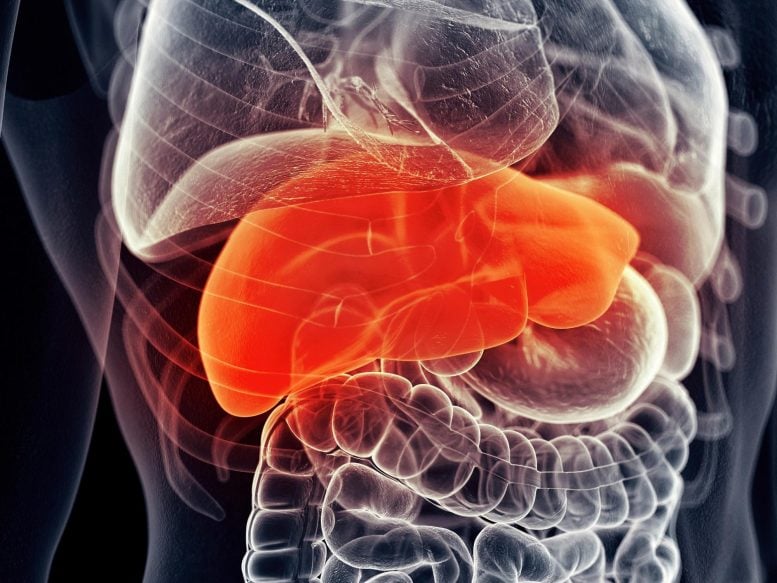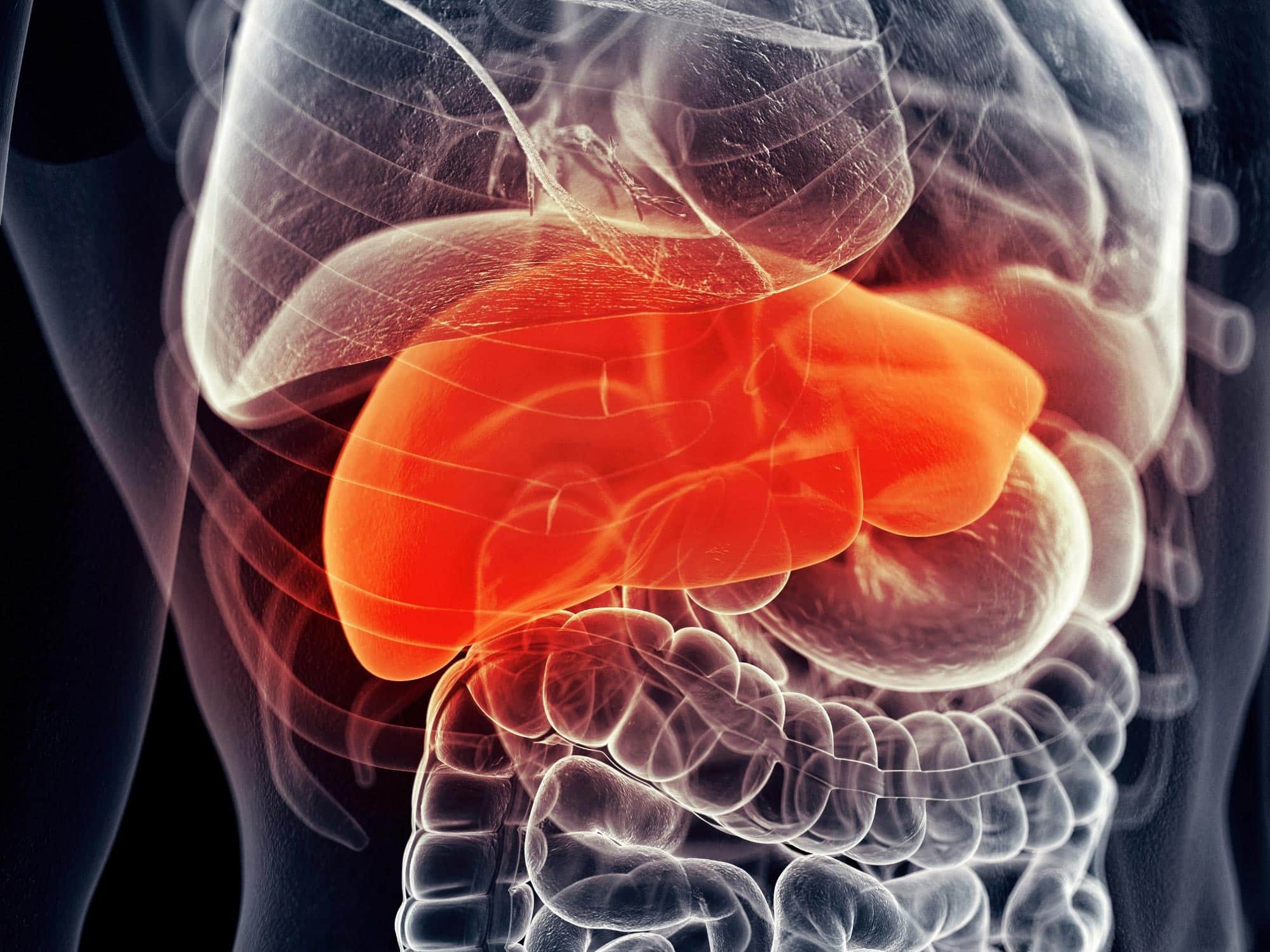
According to a study conducted in Sweden, GLP1 agonists such as Ozempic can reduce the risk of cirrhosis and liver cancer in individuals with type 2 diabetes and chronic liver disease, making it an effective new treatment option for the prevention of severe liver disease.
A national study conducted by the Karolinska Institute in Sweden, published in the journal Gut, showed that the use of Ozympic and similar GLP1 agonists reduced the risk of cirrhosis and liver cancer in people with type 2 diabetes and chronic liver disease.
GLP1 agonists such as Ozempic lower blood sugar and are primarily used to treat type 2 diabetes. However, because the drug reduces appetite, it is now used to treat obesity and has become a popular drug for weight loss.
The risk of liver damage is reduced
Results from early clinical trials suggest that GLP1 agonists may reduce liver damage. Therefore, researchers from the Karolinska Institute included all people with chronic liver disease and type 2 diabetes in a registry-based study in Sweden. They then compared the risk of severe liver damage in those who were treated with GLP1 agonists and those who were not. The results showed that people who took the drug for a long time were less likely to later develop more serious liver diseases, such as cirrhosis and liver cancer.
According to the researchers, this suggests that GLP1 agonists may be an effective treatment for preventing severe liver disease in people with concurrent type 2 diabetes.
“Fatty liver disease is estimated to affect up to one in five people in Sweden, many of whom have type 2 diabetes and one in twenty who develop chronic liver disease,” says Axel Wester, assistant professor at the Department of Medicine. Huddinge, Karolinska Institute. “Our findings are interesting because there are currently no drugs approved to reduce this risk.”
Many people in the study stopped taking GLP1 agonists, which leads to a lack of protective effect. However, over a ten-year period, those who continued taking the medication had a halved risk of developing severe liver disease.
It needs to be confirmed
“The results must be confirmed in clinical trials, but it will take many years until these studies are completed,” says Axel Vester. “So we use the existing registry data to say something about the effect of the drugs before.”
The limitation of the method is the inability to control factors for which there is no information, for example, blood tests to determine the severity of liver disease in more detail. However, the researchers recently built a new database called HERALD, where they get blood samples from patients in the Stockholm region.
“In the next step, we will examine the effect of GLP1 agonists in this database,” said the final author of the study, Hannes Hagström, Consultant Hepatology at Karolinska University Hospital and Assistant Professor at the Department of Medicine, Hardinge Karolinska Institutet. It strengthens the hypothesis.”
Reference: “Glucagon-like peptide-1 receptor agonists and increased risk of adverse liver outcomes in patients with chronic liver disease and type 2 diabetes” by Axel Vester, Ying Shang, Emily Thoresen Grip, Anthony A. Matthews, and Hans Hagström, January. 30th day of 2024, Intestines.
doi: 10.1136/gutjnl-2023-330962
The study was mainly funded by Region Stockholm (CIMED), the Swedish Research Council and the Swedish Cancer Society. Hans Hagström’s research group has received funding from Astra Zeneca, EchoSens, Giliad, Intercept, MSD, Novo Nordisk and Pfizer, although no industry-sponsored funding was available for this particular study.
